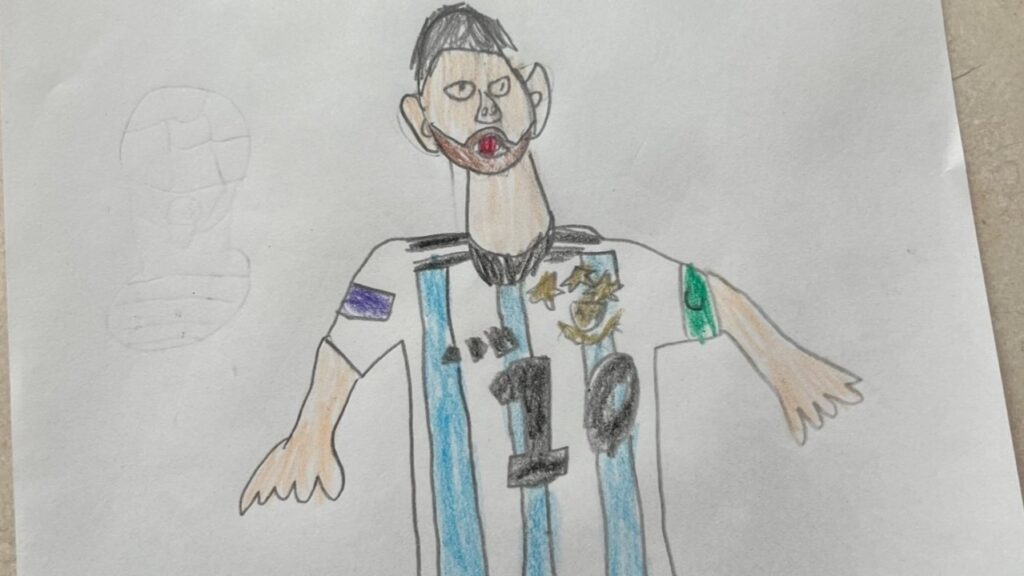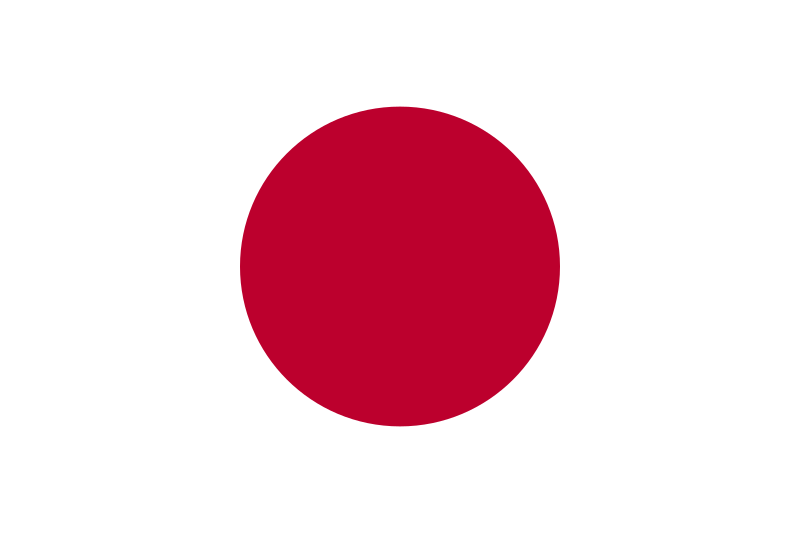
Accompanied by the name change of “Facebook” to “Meta”, the “Metaverse” has drawn the world’s attention. It is also said to have an affinity with blockchain technology, Cryptocurrency, and NFT (Non-Fungible Token), which have been the trending topics recently.
It can be known from its word, which is coined from “Meta” meaning “beyond” and “Universe” meaning “the world”, the “Metaverse” refers to a world in a different dimension than the present. In short, the Metaverse is a “virtual space”. We enter the world through our alter ego called an avatar in this three-dimensional world constructed on the Internet.
In this virtual space, people can act through their avatars, communicate with each other as in the real world, purchase their favorite products (NFT and virtual products), and have various other experiences. This can be said to be the creation of a new economic sphere.
With this newsletter, we will discuss brand protection in the Metaverse.
A recent high-profile case involving trademark infringement in the field of NFT is filed in the USA by the world-renowned brand Hermes. The issue was whether trademark rights covering only real goods extend to infringement in the NFT field. On February 8, 2023, Hermes sued the digital artist Mason Rothschild in the U.S. District Court for the Southern District of New York, over the NFT project he called “MetaBirkins” (Hermes International and Hermes of Paris, Inc. v. Mason Rothschild, 22-cv-384 (JSR)). In the lawsuit, nine jurors agreed with Hermes’ claims and judged Rothschild’s action deserving a total of $133,000 (about 17.4 million yen in JPY ) in damages to Hermes.
Against the backdrop of the Hermès brand power, the lawsuit became a landmark case in which trademark rights targeting real goods were found to be infringements in the NFT field.
At this moment, Hermes has filed multiple trademark applications with the U.S. Patent and Trademark Office (USPTO) designating goods and services related to NFT and Metaverse, including Class 9, Class 35, Class 36, Class 41, and Class 42.
There are also trademark registration applications in Japan designating goods and services related to NFT and Metaverse for those well-known brands. Let us introduce some typical cases of Nike, Burberry, and Louis Vuitton here.

2. BURBERRY

3. Louis Vuitton

Those examples above show that traditional luxury brands have recently applied for trademark registration related to Metaverse/NFT., Although, few cases are registered successfully for the time being, they are expected to soon become registered trademarks. Our follow-up newsletter will report the updates on these cases.
Referring to the above cases, we believe the goods and services designated for Metaverse/NFT-related trademark applications should be considered in the following 6 classifications.

Tsubame IP Law Firm (APA) is more than happy to assist with your Metaverse/NFT-related patent and trademark application. Please feel free to contact us for more information.
Will keep you updated with our future newsletters💙

